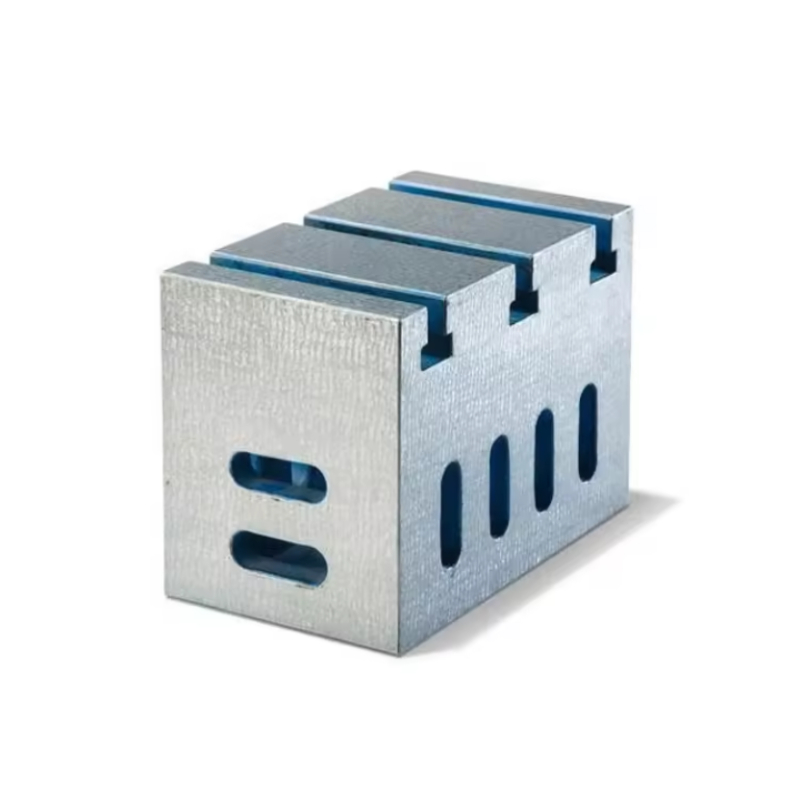Nov . 24, 2024 21:45 Back to list
Exploring the Properties and Applications of Valve Metals in Modern Engineering
The Importance of Valve Metals in Modern Industries
Valve metals play a crucial role in various industrial applications, particularly in sectors that require corrosion resistance and durability. These metals, primarily titanium, tantalum, niobium, and zirconium, are characterized by their ability to withstand harsh environments, making them indispensable in industries such as chemical processing, aerospace, and electronics.
Titanium, one of the most widely recognized valve metals, is renowned for its exceptional strength-to-weight ratio and outstanding corrosion resistance
. It is often used in chemical reactors, heat exchangers, and piping systems where exposure to aggressive media is common. The addition of titanium can significantly enhance the lifespan of equipment, thereby reducing maintenance costs and downtime. Its biocompatibility also makes it a preferred material in the medical field, particularly for implants and prosthetics.Tantalum, another essential valve metal, is known for its ability to resist corrosion in acidic environments. This unique property makes it particularly valuable in the production of electronic components, such as capacitors and resistors. Tantalum capacitors are integral to modern electronics, providing the reliability and performance needed in devices ranging from smartphones to advanced military equipment. Moreover, due to its high melting point, tantalum is often used in high-temperature applications.
valve metal

Niobium is recognized for its superconducting properties and strength at high temperatures. It is commonly used in the aerospace industry, especially in the production of rocket and jet engine components. The addition of niobium to steel enhances its strength and ductility, making it suitable for high-stress applications. Furthermore, niobium is essential in the creation of superconductors, which are pivotal in magnetic resonance imaging (MRI) technology and particle accelerators.
Zirconium, characterized by its excellent corrosion resistance, finds extensive use in nuclear reactors and chemical processing plants. Its ability to resist oxidation and maintain structural integrity at high temperatures makes it ideal for applications involving aggressive substances. Additionally, zirconium's low neutron-capturing ability is crucial in the nuclear industry, where materials must not interfere with nuclear reactions.
In conclusion, valve metals are fundamental to a wide range of industrial applications due to their unique properties. The combination of strength, corrosion resistance, and adaptability makes them invaluable in sectors that demand high-performance materials. As industries continue to innovate and face new challenges, the importance of valve metals will undoubtedly grow, paving the way for advancements in technology and efficiency.
-
Why Metric Trapezoidal Thread is Ideal for Precision Motion ControlNewsAug.05,2025
-
The Unique Properties of a Block of Granite for Industrial UseNewsAug.05,2025
-
The Role of Flanged Y Strainers in Preventing Pipeline ClogsNewsAug.05,2025
-
The Importance of Regular Calibration for Master Ring GagesNewsAug.05,2025
-
How a Cast Iron Surface Table Enhances Accuracy in ManufacturingNewsAug.05,2025
-
Comparing Different Check Valve Types for Optimal Flow ControlNewsAug.05,2025
Related PRODUCTS









